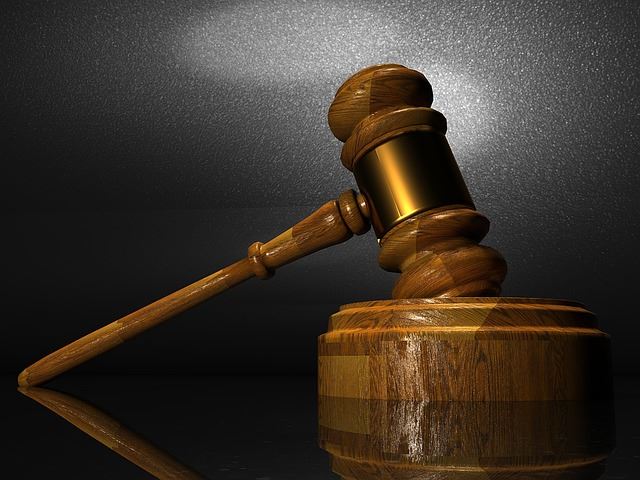Losing a loved one is a traumatic experience, but it can be made even more difficult if that loved one was lost to tragic circumstances or the negligence of another person or company. In some of those cases, it may be possible – and even advisable – to make a legal claim for wrongful death. Not every death that seems to happen tragically will mean that a legal case can be made, though, so it’s important to understand what may constitute a wrongful death case and what may not.
What Does “Wrongful Death” Actually Mean?
A wrongful death case comes about when the death of one person is the legal fault of another person. That death could come from something complicated like medical malpractice, or something simple like a car accident. The issue is not specifically how the person died, but how their death was allegedly caused by the fault of another person. That fault is what a wrongful death case is designed to prove, but not all wrongful death cases are successful even if another person can be found to be at some level of fault in a death.
Who Can Be Sued, and Why?
People and companies can be sued, as can any governmental agency. Some examples of people and companies that are commonly sued in wrongful death cases include:
- The driver in a car accident
- The person who gave alcohol to a drunk driver
- The manufacturer of a faulty vehicle
- The doctor who committed malpractice
- The company that made a dangerous product
Intentional wrongful death cases are possible, but so are cases where the death was caused by negligence. In negligence cases, the argument must be made that the person who caused the death did not act the way a “reasonable person” would act in that circumstance. Wrongful death lawsuits are relatively new in the history of the United States, but every state now has some form of this law to allow loved ones to bring suit. This can help provide financial compensation for the people left behind by a decedent who dies through the fault of someone else.
Who Can Sue?
Only the “real parties in interest” can sue. These are survivors who suffer damage because of the death of a specific person. Each state has different guidelines about who these parties actually are, but they can include family members, life partners, putative spouses, financial dependents, distant family members, the parents of a deceased fetus, and any person who suffers financially from another person’s death. Depending on the state in which the death occurred, some or all of these people may have a claim to sue.
Working with an attorney can provide them the information they need to make an informed decision. There are some circumstances when specific people can’t sue, or when they can’t sue a particular government organization or entity. It’s very important to know what those circumstances are, and an attorney will generally be needed to collect that kind of information. For anyone who thinks they may be able to sue for wrongful death when they’ve lost a loved one, a consultation with a lawyer can help them determine whether they may have a case.
Do You Have a Case?
Knowing whether you have a case is the first step. An attorney can discuss the facts of the case with you and give you guidance on whether it would be logical to pursue a wrongful death case. Not every negligent or even deliberate act will likely provide a successful outcome to a wrongful death case. It’s also possible that the state in which you live doesn’t consider you to be a real party of interest, in which case it would not be possible for you to bring suit.


 Skip to content
Skip to content







